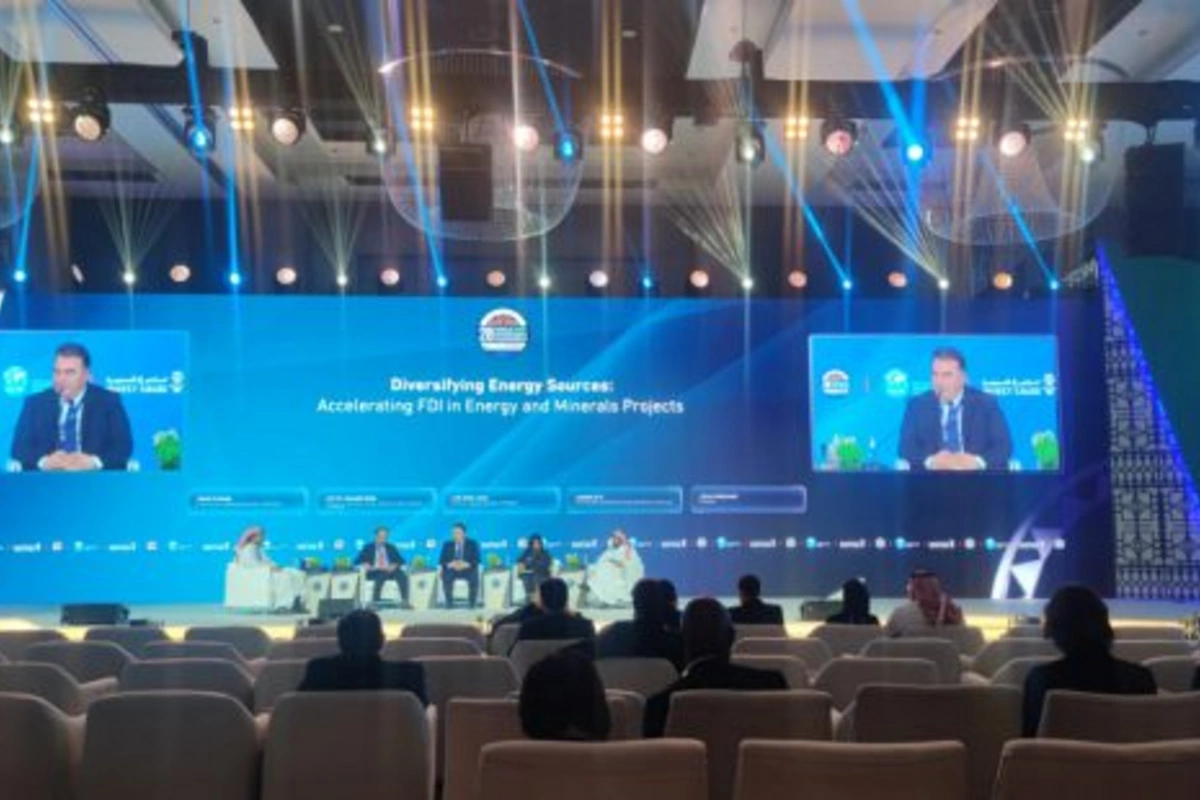
The strategy includes plans to boost electricity exports to 10 billion kWh, reduce electricity losses to 10 percent, and diversify the energy mix by sourcing 10 percent of the existing capacity from alternative energy sources, such as solar and wind power.
Photo: Ministry of Energy and Water Resources of Tajikistan
Tajikistan's power generation capacity is expected to reach 10 gigawatts (GW) by 2030, according to the country's Minister of Energy and Water Resources, Daler Juma, speaking at a parallel event during the 28th World Investment Conference in Saudi Arabia, The Caspian Post reports citing Trend.
The event focused on "Energy Source Diversification: Accelerating Foreign Direct Investments in Energy and Mineral Projects."
Juma outlined key goals for the energy sector, as defined in Tajikistan's National Development Strategy through 2030. He emphasized that the sector's objectives would be achieved based on the "10/10/10/10 Concept," which aims to increase the country's energy system capacity to 10 GW by the target year.
The strategy includes plans to boost electricity exports to 10 billion kWh, reduce electricity losses to 10 percent, and diversify the energy mix by sourcing 10 percent of the existing capacity from alternative energy sources, such as solar and wind power.
Currently, Tajikistan's energy system has a total capacity of 5.757 GW, with hydroelectric plants accounting for 88 percent of the country's power generation and thermal power plants making up the remaining 12 percent.
According to the Interstate Statistical Committee of the CIS (Commonwealth of Independent States), Tajikistan produced 15.4 billion kilowatt-hours (kWh) of electricity from January to August 2024. This figure rose by 1.1 percent compared to the same period last year.
Share on social media
The strategy includes plans to boost electricity exports to 10 billion kWh, reduce electricity losses to 10 percent, and diversify the energy mix by sourcing 10 percent of the existing capacity from alternative energy sources, such as solar and wind power.